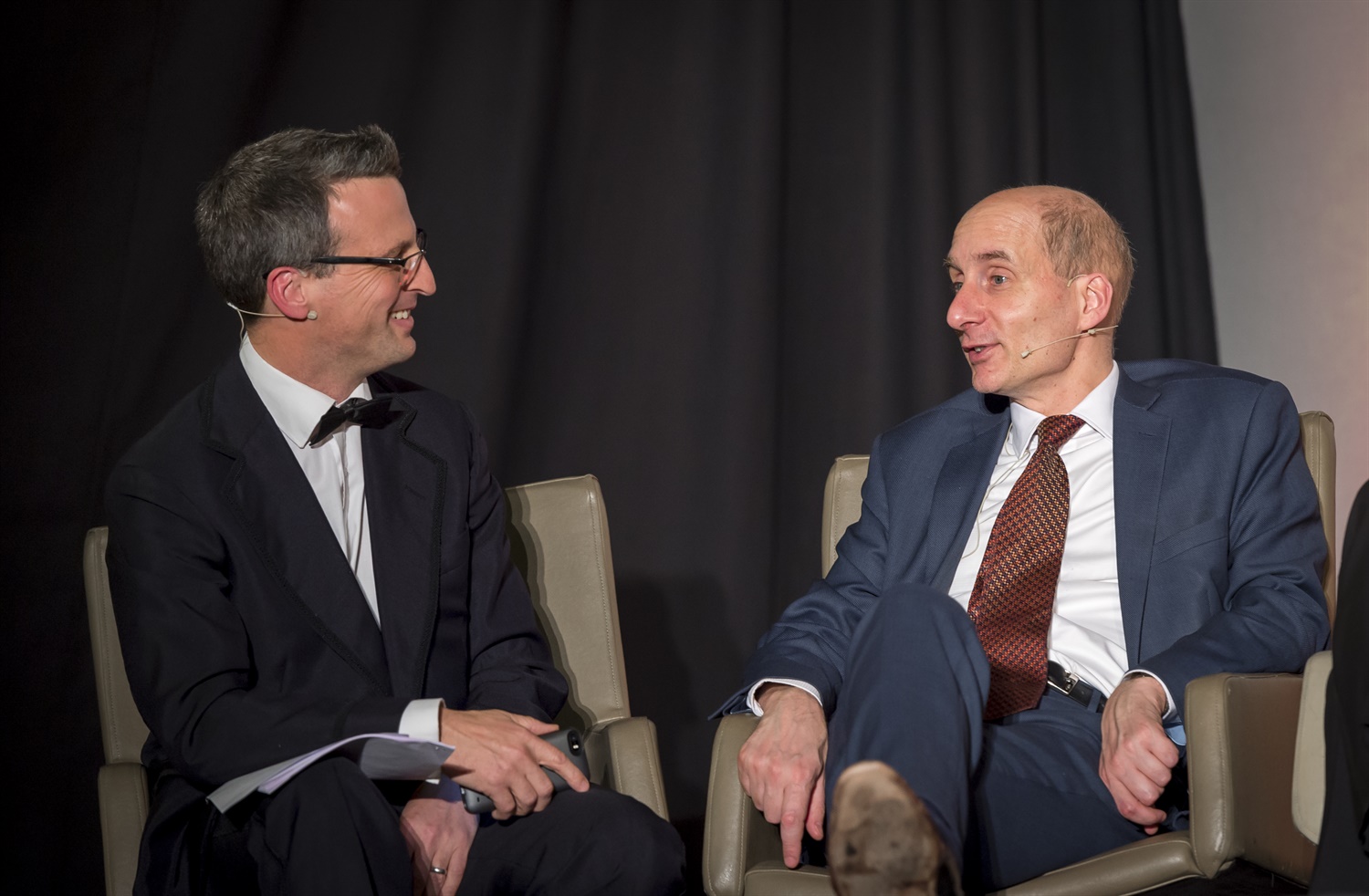18.11.15
Rail leaders predict flood of private cash into transport network
Rail industry leaders have predicted a flood of private sector money into Britain’s transport programmes, both within and outside of Network Rail’s scope.
Speaking at RTM’s TransCity Rail North event, senior figures at HS2 Ltd, Network Rail, the National Infrastructure Commission, operators and the supply chain said going forward with major programmes without significant public-private collaboration would not be viable.
Lord (Andrew) Adonis, head of the independent infrastructure commission, said looking at wider sources of funding outside the Treasury will be “quite important” for bigger projects like Crossrail 2 and HS3.
“Part of the reason why the existent Crossrail scheme is getting ahead is very substantial contributions from the private sector, and from businesses through the supplementary business rates,” he added.
“It’s been estimated that property values along the line of the Crossrail route have risen by at least £7bn, and the thing hasn’t even opened yet.”
Adonis noted that establishing beneficial collaborations with those set to gain from rail investment, directly or otherwise, makes up part of this rebalancing between the national, the regional and the local – thus making partnerships vital to take projects forward.
“There’s a key point in the debate about these projects: the role they play in generating growth. If Crossrail 2 and HS3 are going to be generators of growth – more and better jobs, more companies coming in and establishing themselves, more international investors coming in the Northern Powerhouse or in London as a result of them – if that is a correct analysis of the role that they can play, then it is much, much better to get the investment upfront and find ways of recouping it from those who are going to benefit, than wait until the congestion becomes unbearable.
“Being proactive rather than reactive when it comes to major infrastructure investment is important. Unlocking new sources of funding from those who stand to gain enormously from these investments is going to be critical,” Adonis added.
He said it would not be possible to replicate the exact funding model used for Crossrail, which included business investment and contributions from major employers like Heathrow Airport, the City of London Corporation and Canary Wharf Group.
But the driving principle that there should be direct corporate contribution is going to be an important one to drive forward new major infrastructure projects in the north, he said.

Similarly, Simon Kirby, HS2’s chief executive, told those at the event that it wasn’t too late to create a similar public-private model within the high-speed programme.
He cited the example of Euston station, where, from next year, HS2 Ltd will tender for a development partner to make an over-site development return on the station itself.
Kirby also referred to Crossrail’s Canary Wharf station as an example of successful private take-up, given that the station is already open and bustling with vibrant restaurants and bars – even before Crossrail is open.
“It actually proves that it stands on its own two feet as a place people would go to. I think we just need to think more like that,” he said. “There’s an opportunity for the Birmingham Interchange station and the Manchester Airport station. We can make them what we need to make them.
“We need to be very much collaboratively working with developers to make those the right solutions for the area – not just the transport-centric solution.”
Foreign investment
The Network Rail privatisation debate was also brought up, with BBC host Richard Westcott questioning the rail bosses about how the organisation would raise extra cash to pay for programmes that could face postponement or be cancelled entirely in Sir Peter Hendy’s upcoming review of CP5.
Philip Hoare, Group MD of Atkins Transportation, said the potential for privatisation and private partnerships outlined by Nicola Shaw’s interim report last week, either entirely or on certain routes, presented “interesting opportunities”.
But he underlined the importance of foreign direct investment, claiming there are a number of organisations out there “looking to put private sector money into things”.
“We know that our chancellor spent quite a bit of time out in China recently – in fact, he announced the HS2 contracts in China. We also know there’s an awful lot of Chinese interest and Chinese money that’s interested in the UK market.
“I think how we deal with foreign direct investment and how we make that work for us is something that is quite attractive,” Hoare added.
Northern Rail’s boss, Alex Hynes, agreed entirely, noting that people are “desperate to buy British assets” – particularly in the country’s “booming railways”.
He continued: “Foreign money, just like it flooded into the London property market, wants to flood into British assets. There are loads of people who want to lend us huge amounts of money.
“Look at water companies, the rolling stock companies, the energy, the gas companies. The money’s out there. They want to invest in Britain.”